| |
||
|
|
||
| Conference Organisers
Headquartered in Berlin, Germany, the Heinrich Böll Foundation (HBF) is a political non-profit foundation affiliated with the party of Alliance 90/The Greens. The main tasks of the Foundation include developing civil society, fostering sustainable development, promoting human rights, as well as introducing and discussing an expanded concept of international security. The Foundation cooperates with over 130 partner projects in 60 countries and initiates events, conferences, study tours and training activities.
Nuclear Information and Resource Service (NIRS) is the information and networking center for grassroots organizations and people concerned about nuclear power, radioactive waste, radiation and sustainable energy issues. Founded in 1978, NIRS provides critical, accurate information to the public and media; engages in concerted public education and organizing campaigns on specific nuclear-related issues; provides a grassroots perspective to policymakers and regulators; and engages in litigation and other activity to protect citizen rights and promote a democratic process in nuclear decisionmaking. We work for a speedy phase-out of commercial nuclear power, the permanent isolation of radioactive waste from the environment, and an environmentally-sound, sustainable energy future. Based in Washington, DC, NIRS serves as a “Washington office” for grassroots environmental activists across the country and the world. We monitor federal agencies and Congress and encourage public understanding and participation in nuclear issues. We travel to local communities and teach activists how to identify and effectively address nuclear problems in their areas. Our Southeast office, in Asheville, NC, works with activists in the region targeted for more new atomic reactor construction than any other in the country. For more information visit: www.nirs.org
We're small. We're powerful. We're anti-nuclear. We are grass-root oriented. And we are proud of what we have achieved. We are anxious to go on, serving people with important information and skills. We have existed since 1978, in a small office with seven people working at WISE Amsterdam. We focus primarily on our role as networker. Nevertheless,
we also like to be involved in campaigns and (direct) actions. We are
fully
aware of the fact that political and social changes (needed to
tackle the nukes) only happen if enough pressure is being put on
decision-makers. Of course, the ways in which groups undertake
actions vary, due to cultural differences and the situation you're
working in. We get involved if we think the action being undertaken
makes sense, and is most effective and appropriate to the Our approach to information sharing amongst social movements is built on quality and content. Over the last 28 years of networking among grassroots organizations, WISE Amsterdam has built up its expertise in this respect. This is based on knowing and respecting the organizations and people in the network. We publish the Nuclear Monitor, since 1978, 20 issues a year. There are also Spanish, Russian and Ukrainian versions of the Monitor available.
Ecoclub's mission is to protect and improve the environment through means of energy efficiency, nature protection and preservation, public outreach, and practical activity on environmental issues. The main goals of the organizations are teaching the public about the use of renewable energy resources, educating students and citizens about environmental issues, assisting with nature preservation projects, and increasing people's awareness and involvement in the environmental decision making process. Ecoclub also serves as WISE/NIRS office in Ukraine and is a permanent active member of antinuclear movement in Ukraine. We aim to prevent construction of new nuclear units and power plants in Ukraine.
The European Greens are the first real European political party organization. Until February 21, 2004, only federations of party organizations existed, such as the European Federation of Green Parties and similar federations of conservative, social-democratic or liberal parties. The programme of the European Greens emphasizes topics such as nuclear energy, consumer safety and women's liberation. The first goal of the newly founded European Greens was the election campaign for the European Parliament in June, 2004, which was the first election campaign in Europe that featured similar motifs and slogans in all EU countries. The Greens/EFA won 6.6% of the votes, which represent 42 seats in the 732 seat strong European Parliament.
Bündnis 90/Die Grünen are currently one of five parties in the German Bundestag. In the last general elections in Autumn 2005 we won 8,1 percent of the votes and we gained 51 out of a total of 614 seats. 23 years ago, in March 1983, the party 'Die Grünen' entered the German Bundestag for the first time. Since then many things have changed. However, our focus has remained the same: emancipation and ecology, democracy and a fairer world. One of the roots of 'Die Grünen' is the movement against nuclear energy. On 29 August 1984 'Die Grünen' tabled the "Atomsperrgesetz", an anti-nuclear bill, in the Bundestag. It was the first draft law stipulating the immediate closure of nuclear power plants in the Federal Republic of Germany. In 1993, two years after the end of Germany's partition, 'Die Grünen' (West) merged with 'Bündnis 90' (East) which had been founded two years earlier. From 1998 until 2005 'Bündnis 90/Die Grünen' was a part of the federal government. In 2001 an agreement on the abandoning of atomic energy was signed, marking the start of a complete phasing out of nuclear power. In April 2000 the law on renewable energy initiated by 'Bündnis 90 / Die Grünen' came into force. This law creates, for the first time, an appropriate legal framework for power generation through wind, biomass, water, solar radiation and geothermal energy.
The German affiliate of IPPNW was founded in 1982, bringing together under one roof many physicians grassroots groups (Ärzteinitiativen) in Germany that had previously worked against the nuclear threat. IPPNW Germany
has three substantive programmes: Programme goals: Who are we? Spokesperson for IPPNW Germany is Dr. Ute Watermann, doctor and journalist, who works full-time in the Berlin Office with seven other colleagues. Professor Dr. Horst-Eberhard Richter and Professor Dr. Ulrich Gottstein are honourary members of the Board of Directors and both founder members of IPPNW in Germany. Lars Pohlmeier is a member of both the international Board of Directors.
|
||
|
||

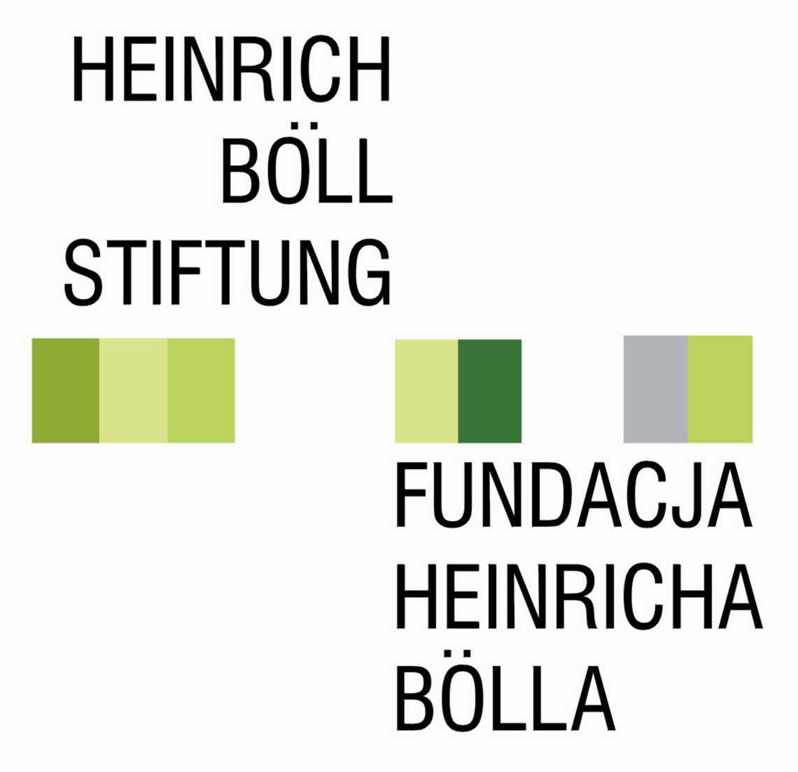
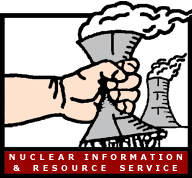
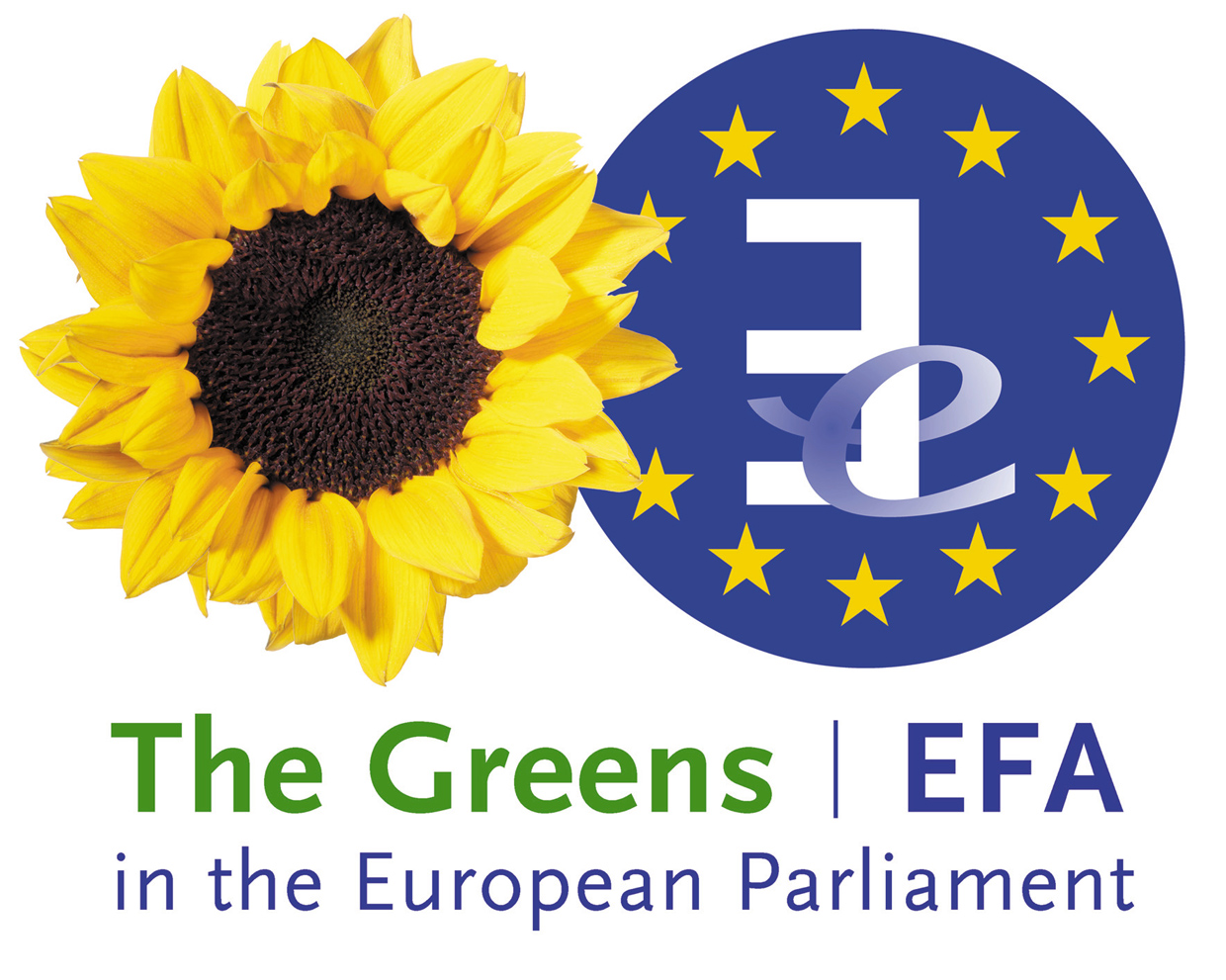 The European Greens – European Free
Alliance (Greens/EFA)
The European Greens – European Free
Alliance (Greens/EFA)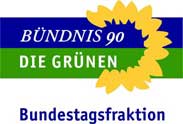
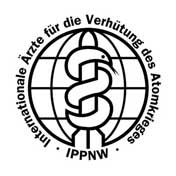
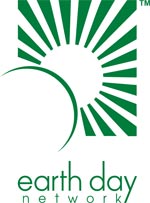 Earth
Day Network
Earth
Day Network